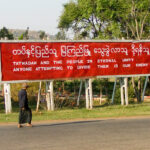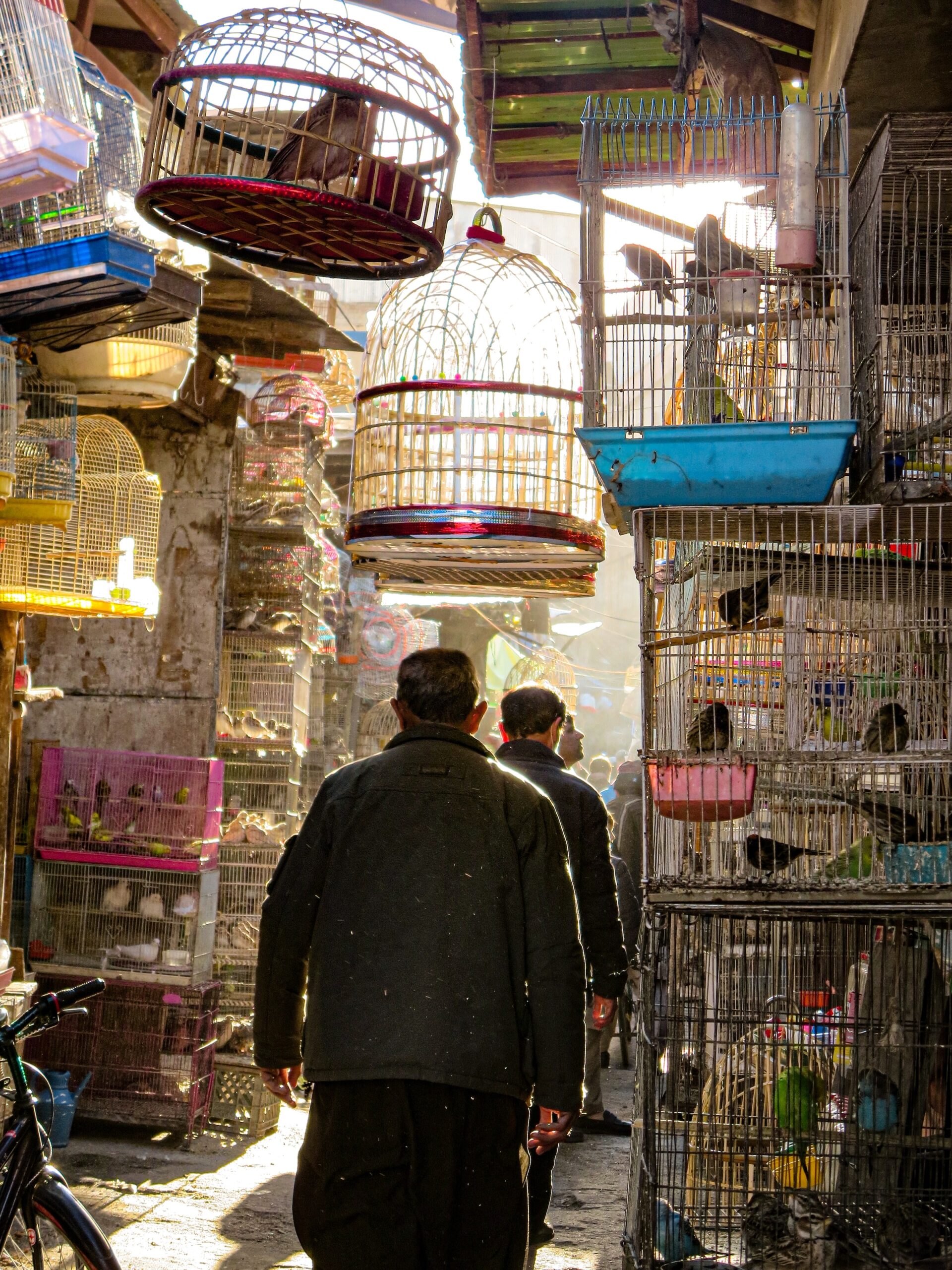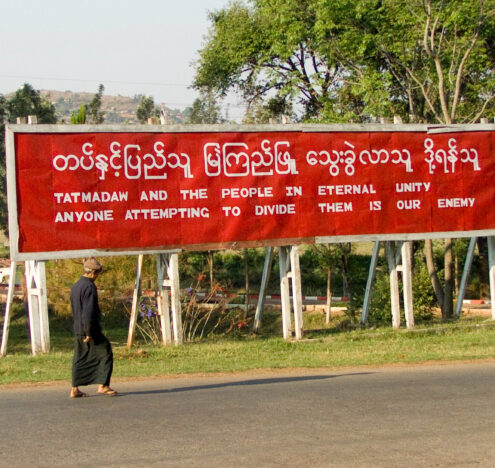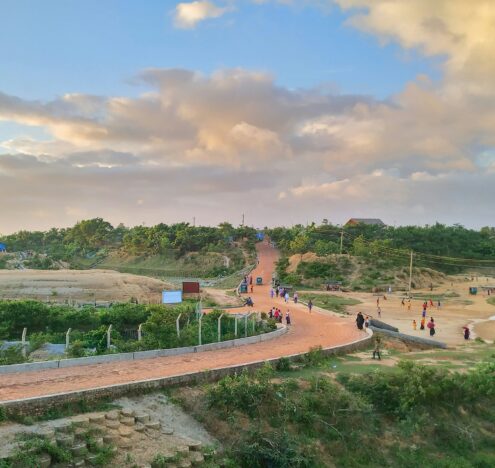As the UN General Assembly gathers for its annual meeting, one important topic is missing from the agenda: Afghanistan. And in this absence, the issue of international recognition for the Taliban as Afghanistan’s legitimate government is building throughout the global community.
A troubling visit on Sept. 6, 2023, by a delegation from the Afghan-American Chamber of Commerce (AACC) was a huge win for the Taliban, as the AACC chair commended the Taliban’s security and market-based economy and referred to them by the government title (Islamic Emirate) that they espouse. One member of the delegation, with ongoing business interests in Afghanistan’s plentiful gemstone sector, told the media, “We need to change some minds … because all I have heard here in many meetings is that it’s not safe here, women are not happy here, and the kids aren’t going to the schools, it’s dirty here. It’s completely opposite from what I saw.”
But on Sept. 8, 2023, Human Rights Watch released its documentation supporting the charge that the Taliban is committing “crimes against humanity.” On Sept. 12, the UN’s High Commissioner for Human Rights said human rights in Afghanistan were in a “state of collapse.”
While the regime has yet to be credentialed at the UN or formally recognized by member states, it is worth a continued effort to dissuade groups from normalization. Such a step would undermine the efforts of countless Afghans — especially women — who are fighting to reform the country from the inside and preserve the hopes and dreams of a generation of women and girls.
Recognizing the Taliban isn’t just a diplomatic matter or an issue confined to Afghanistan; it’s a barometer for what the world will tolerate. Will we reward those who forcefully seize power and hold it through terror? Formal international recognition of the Taliban would dishearten reformists within Afghanistan and its diaspora. It would tell them that their struggle against brutality and against a regime that enforces a form of gender apartheid is inconsequential.
Taliban’s Repression of Women is Gender Apartheid
The term “gender apartheid” isn’t employed lightly. It directly applies to the situation in Afghanistan under Taliban rule. Like racial apartheid in South Africa, gender apartheid in Afghanistan under the Taliban creates two distinct classes of citizens, with one class enjoying rights and privileges that are systematically denied to the other. Today’s Afghanistan is an environment where women’s most basic human rights are compromised — they are forbidden from receiving an education, excluded from public life, and subjected to violence for the slightest perceived infractions against a brutally enforced code of conduct.
Any international recognition of the Taliban regime would afford a platform to legitimize its misogynistic policies further, making the lives of Afghan women all the more unbearable.
Historically, the legal community was pivotal in dismantling racial apartheid in South Africa. It’s now faced with a similar ethical and moral obligation to help eradicate gender apartheid in Afghanistan. Karima Bennoune, a professor at the University of Michigan Law School, has argued that Afghanistan’s current situation amounts to gender apartheid and necessitates appropriate condemnatory action. A move is underway to consider introducing a UN General Assembly resolution that denounces the Taliban as practicing gender apartheid.
Our tools are limited, but one that matters is diplomatic recognition. The international community diplomatically isolated South Africa’s apartheid regime through a series of sanctions and condemnations that ultimately led to a change in governance and policy. Member states of the UN played an active role in delegitimizing the apartheid regime by expelling South Africa from the General Assembly in 1974 — decades after the apartheid laws were implemented. This pressure from the international community forced the government to reconsider its policies, eventually leading to dismantling apartheid, fully realized by Nelson Mandela’s election in 1994. The same model should apply to the Taliban; the international community must send an unambiguous message that gender apartheid is intolerable.
We can’t ask Afghan women to wait decades for solidarity from the world community. The time for action is now. Women and girls are being beaten, sold into marriage, raped, and killed, while others suffer in silence, their dreams stifled by an oppressive regime. Suicides are on the rise. These people aren’t mere statistics; they are mothers, daughters, and sisters whose lives are being destroyed by the Taliban. Ignoring this suffering is unacceptable.
Afghan Women Can’t Wait
Any international recognition of the Taliban regime would afford a platform to legitimize its misogynistic policies further, making the lives of Afghan women all the more unbearable. Afghanistan under the Taliban is not a nation where half of its population can live in dignity.
Engagement at a working level with a regime that holds the lives of millions of people in its power to move Afghans out of danger or to allow humanitarian assistance to reach them is sadly required. However, the moral imperative to protect human rights — particularly women’s — must weigh heavily in this balance. To stand up against what is happening in Afghanistan, the international community must address this issue during the UN General Assembly by supporting a resolution on gender apartheid and refusing to offer the Taliban the senior recognition and credentialing it seeks. Anything less would be a profound injustice.
The eyes of history and millions of Afghan women are upon us. Their hopes and struggles are in our hands, and the weight of this responsibility should guide our actions. We cannot afford to get this wrong.





















